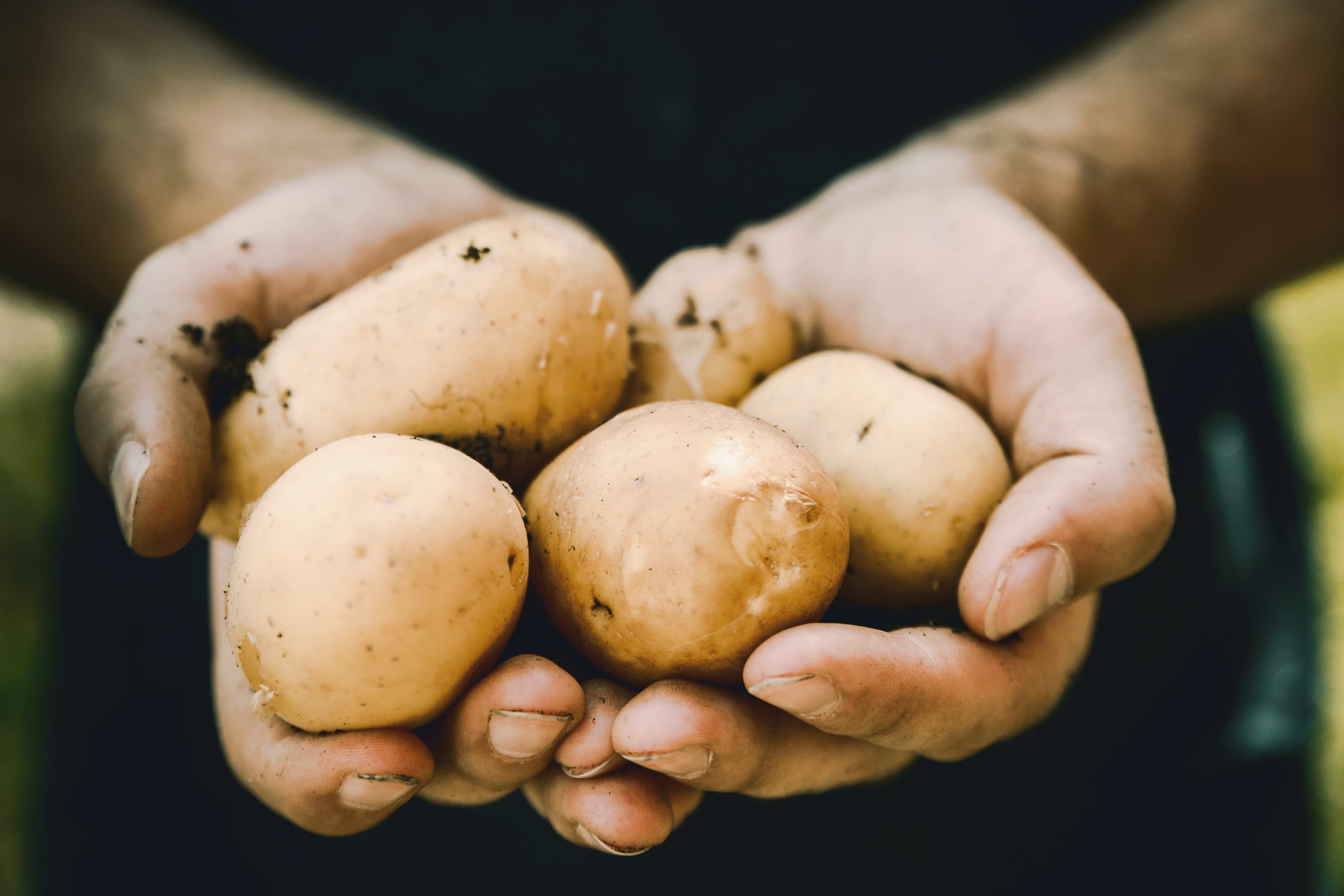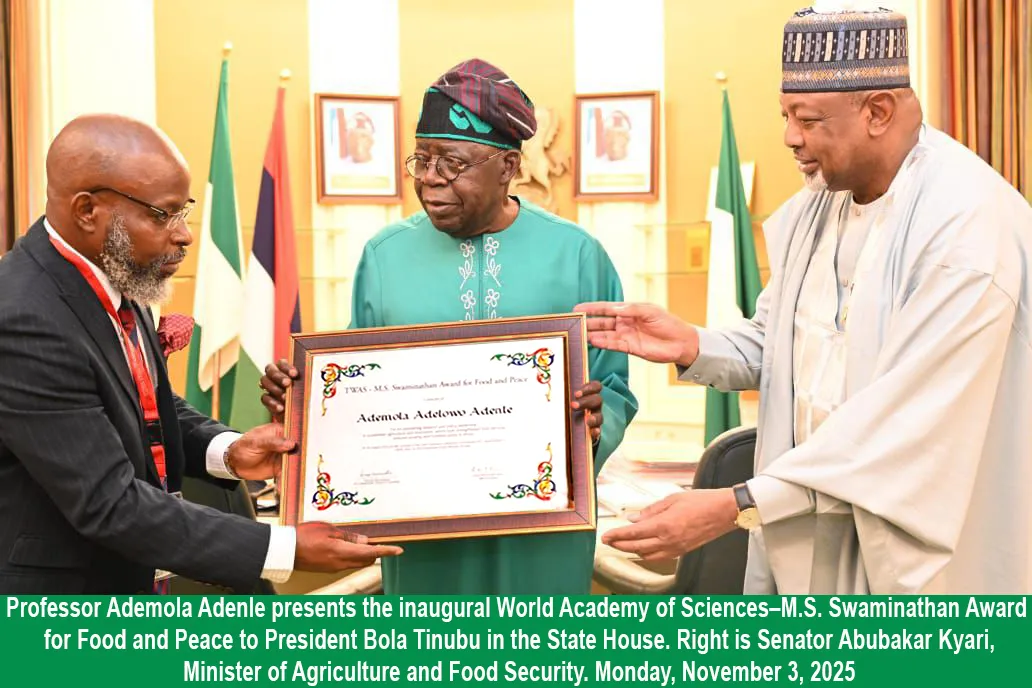News

Image: Unsplash.
Nematology, the study of microscopic worms (nematodes), remains largely overlooked in the African education system. However, Dr Beira Meressa – an Affiliate of The African Academy of Sciences from Ethiopia – and his team are taking crucial steps to change that. They are engaging with local farmers to discuss the impact of plant parasitic nematodes on crop yield and exploring strategies to mitigate this pressing issue. Surprisingly, their field visits revealed that small-scale farmers were unaware of these nematode pests, although they recognized the damage symptoms through local names, especially concerning potatoes. A major concern that is raised is the alarming reduction in the physical and nutritional qualities caused by Meloidogyne species – also referred to as root-knot nematodes.
Addressing this knowledge gap, the Jimma University, based in Ethiopia, along with NEMEDUSSA established the Jimma University’s NEMEDUSSA student club. NEMEDUSSA – a joint Erasmus+ project – aims to increase awareness of nematodes and expand educational and research capacities in higher education and other institutions in Sub-Sahara Africa within nematology. The recent establishment of the Jimma University’s NEMEDUSSA student club is a promising sign of progress in spreading nematology awareness across the continent. Through school visits and interactive sessions, they hope to equip the younger generation with crucial knowledge about these pests and their potential impact on crops.
As Dr Meressa and his team work closely with local farmers and the emerging efforts of the Jimma University NEMEDUSSA student club, the importance of nematology is gaining recognition. By fostering awareness and understanding of nematode pests and their effects on crop yield, Africa can pave the way for more sustainable agriculture and safeguard its vital food resources. Encouraging similar initiatives to take root throughout the continent will be pivotal in nurturing a thriving agricultural ecosystem that accounts for these hidden but impactful organisms.




